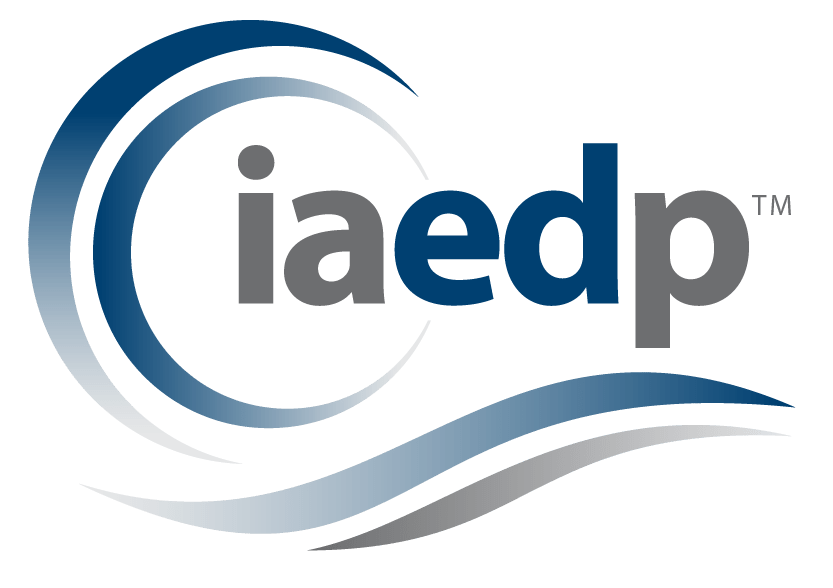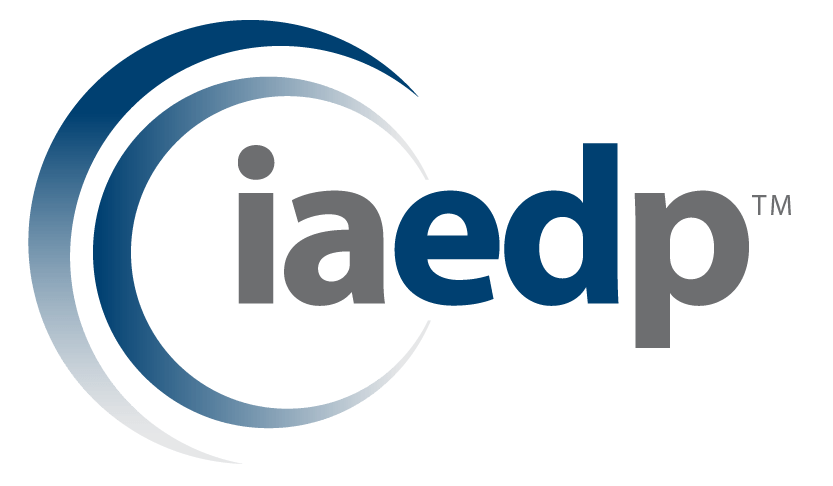WHAT WE STAND FOR

Our Mission
Promote a high level of professionalism among practitioners who treat those presenting with eating disorders by promoting ethical and professional standards, offering education and training in the field, certifying those who have met prescribed requirements, promoting public and professional awareness of eating disorders and assisting in prevention efforts.
Ethics
Iaedp Foundation Code of Ethics (August 1, 2024)
The International Association of Eating Disorder Professionals Foundation (the iaedp™ Foundation or the Foundation) is an educational and professional organization whose members work in a variety of settings and serve in multiple capacities. Eating disorder professionals facilitate relationships that empower diverse individuals, families, and groups to accomplish mental health and wellness goals. Professional values are an important way of living out an ethical commitment.
The following are core professional values of eating disorders professionals:
- enhancing human development throughout the life span;
- honoring diversity and embracing a multicultural approach in support of the worth, dignity, potential, and uniqueness of people within their social and cultural contexts;
- safeguarding the integrity of the professional–client relationship; and
- practicing in a competent and ethical manner.
These professional values provide a conceptual basis for the ethical principles enumerated below.
These principles are the foundation for ethical behavior and decision-making. The fundamental principles of professional ethical behavior are:
- autonomy, or fostering the right to control the direction of one’s life;
- nonmaleficence, or avoiding actions that cause harm;
- beneficence, or working for the good of the individual and society by promoting mental health and well-being;
- justice, or treating individuals equitably and fostering fairness and equality;
- fidelity, or honoring commitments and keeping promises, including fulfilling one’s responsibilities of trust in professional relationships; and
- veracity, or dealing truthfully with individuals with whom professionals’ contact.
This Foundation Code of Ethics establishes the minimum ethical behaviors for professionals certified by the iaedp™ Foundation and candidates and provides an expectation of and assurance for ethical practice for all who use the professional services of persons credentialed by the iaedp™ Foundation.
Central to the purpose of this Code of Ethics is the commitment to maintain behavioral standards that will be used to enforce required disclosure procedures and compliance concerns brought forward through complaints.
The Code serves as the foundation of an effective and fair method for submitting complaints and disclosures for the protection of both the public and professionals.
The Foundation recognizes that ethical decision-making by eating disorder professionals exists within the context of the legal parameters and licensure requirements enacted by States, territories, and other jurisdictions.
The International Association for Eating Disorder Professionals Foundation (iaedp™) Ethics Committee is responsible for investigating alleged violations of its Standards for Certification and ethics policies and for imposing sanctions in accordance with this Policy.
When the Ethics Committee determines that a violation has occurred, it may impose sanctions, including but not limited to:
- written reprimand
- mandatory correction
- suspension of accreditation
- revocation of accreditation
- reaccreditation ineligibility
- membership revocation
Relevant documentation considered in the course of the disciplinary process and a record of any action taken will be placed in the member or certification holder’s permanent file and will be available for review by the member or certification holder should subsequent complaints be received or for other appropriate review. The fact of a suspension and of any final sanction imposed may be made public by the Foundation.
Declaración ética
La International Association of Eating Disorder Professionals Foundation (la Fundación iaedp™ o la Fundación) es una organización educativa y profesional cuyos miembros trabajan en diversos entornos y desempeñan múltiples funciones. Los profesionales de los trastornos alimentarios facilitan relaciones que empoderan a las diversas personas, familias y grupos para alcanzar sus objetivos de salud mental y bienestar. Los valores profesionales son una forma importante de vivir un compromiso ético.
Los siguientes son los valores fundamentales de los profesionales de los trastornos alimentarios:
- fomentar el desarrollo humano a lo largo de toda la vida;
- honrar la diversidad y abrazar un enfoque multicultural en apoyo del valor, la dignidad, el potencial y la singularidad de las personas dentro de sus contextos sociales y culturales;
- salvaguardar la integridad de la relación profesional-cliente; y ejercerla de manera competente y ética.
Estos valores profesionales proporcionan una base conceptual para los principios éticos que se enumeran a continuación. Estos principios son la base del comportamiento ético y de la toma de decisiones. Los principios fundamentales del comportamiento ético profesional son:
- autonomía, o fomento del derecho a controlar la dirección de la propia vida;
- no maleficencia, o evitar acciones que causen daño;
- beneficencia, o trabajar por el bien del individuo y de la sociedad promoviendo la salud mental y el bienestar;
- justicia, o tratar a las personas de forma equitativa y fomentar la imparcialidad y la igualdad;
- fidelidad, o honrar los compromisos y cumplir las promesas, incluido el cumplimiento de las propias responsabilidades de confianza en las relaciones profesionales; y
- veracidad, o el trato veraz con las personas con las que se relacionan los profesionales.
Este Código Ético de la Fundación establece los comportamientos éticos mínimos para los profesionales certificados por la Fundación iaedp™ y los candidatos y proporciona una expectativa y garantía de práctica ética para todos los que utilizan los servicios profesionales de las personas acreditadas por la Fundación iaedp™.
Un aspecto central del propósito de este Código Ético es el compromiso de mantener normas de comportamiento que se utilizarán para hacer valer los procedimientos de divulgación requeridos y las preocupaciones de cumplimiento planteadas a través de las denuncias o quejas. El Código sirve de base para un método eficaz y justo de presentación de quejas y denuncias para la protección tanto del público como de los profesionales.
La Fundación reconoce que la toma de decisiones éticas por parte de los profesionales especializados en trastornos alimentarios existe dentro del contexto de los parámetros legales y los requisitos de licencia estipulados por los estados, territorios y otras jurisdicciones.


